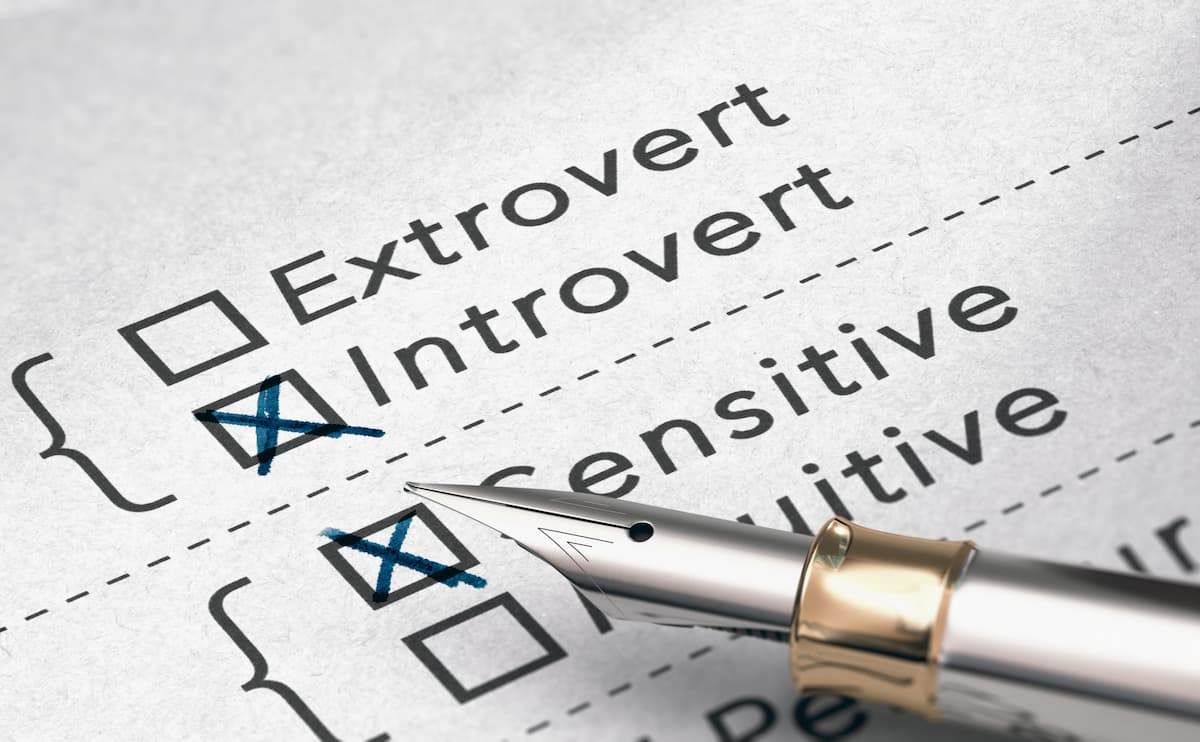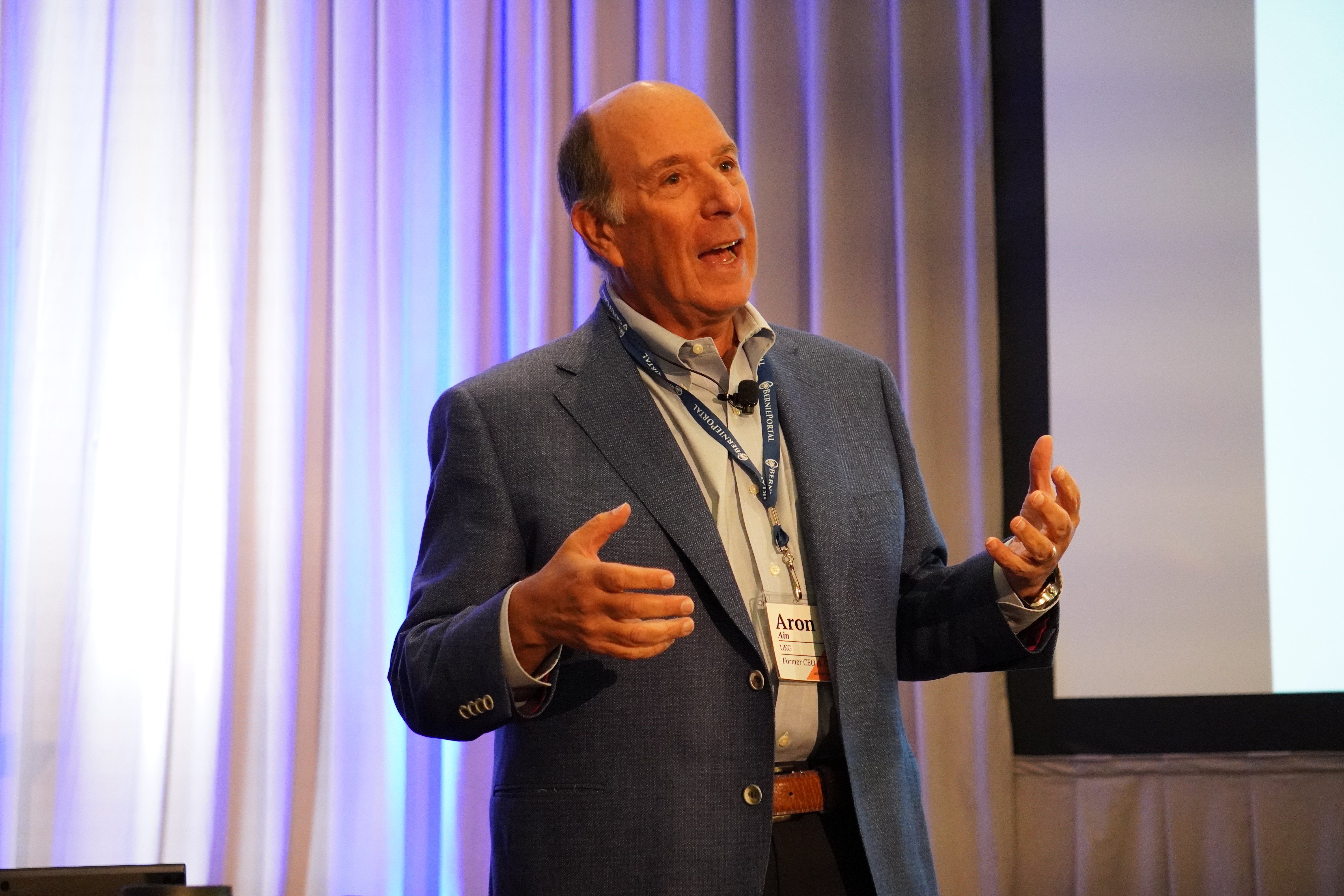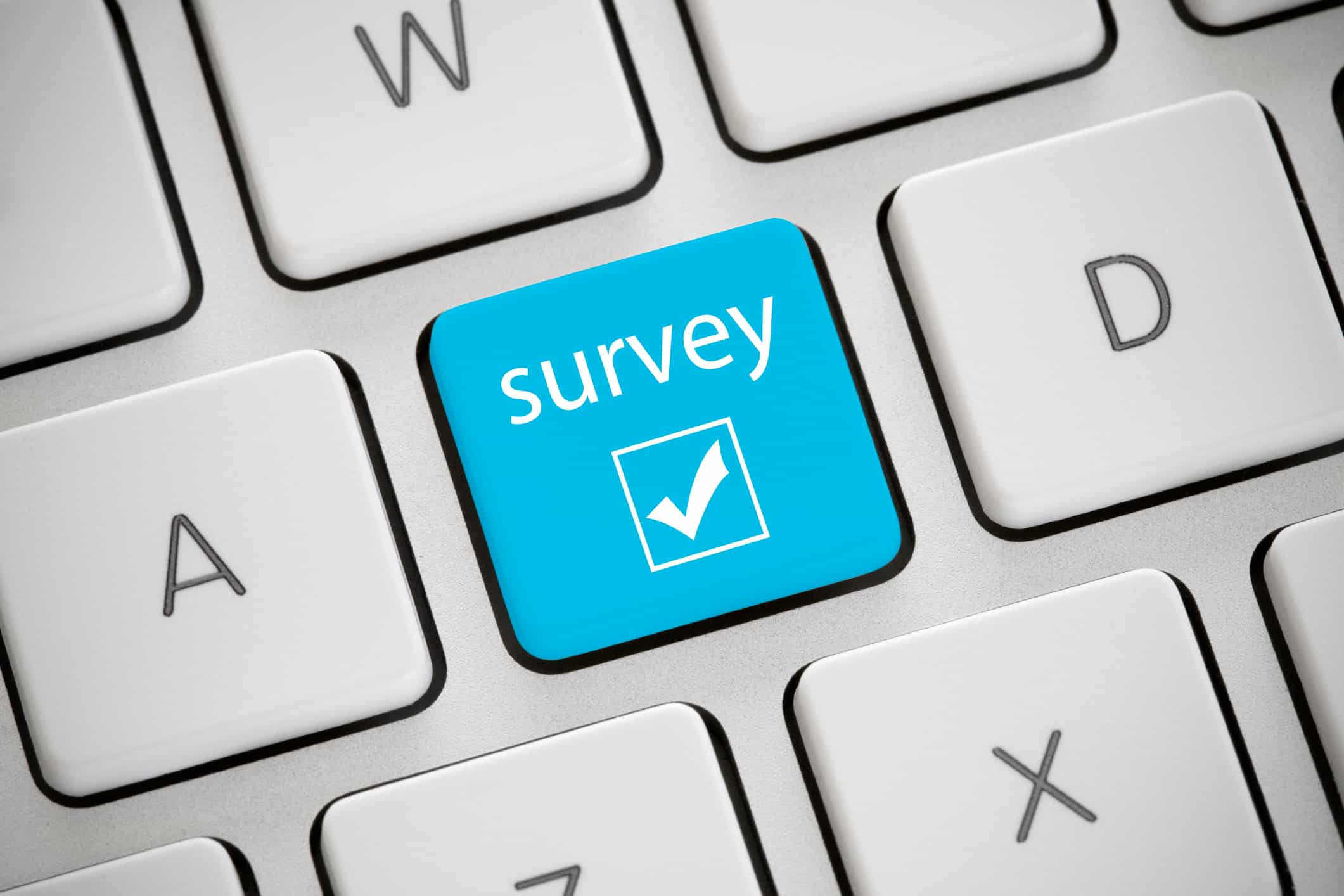Written by
Bretton Chatham
Bretton is an aPHR-certified member of the Marketing Team at Bernard Health. He writes about HR, compliance, and benefits solutions.
What HR Needs to Know About Personality and Skills Tests in Hiring

In 2000, Jeff Bezos famously shared Amazon’s approach to executive recruiting, which included SAT scores and obscure Socratic-style questions like “How many gas stations are there in the United States?” It’s unclear how this was adapted for other roles or whether it’s even current practice. But it’s hard to imagine this unusual approach would be useful for warehouse hiring in 2022.
In recruiting, the process should always fit the position. In other words, you should choose the best personality and skills assessments for each particular role rather than making decisions for a variety of roles based on the same assessment.
Here’s what you need to know about these recruiting tools, including compliance considerations.
What HR Needs to Know About Personality Assessments
Personality assessments have received a lot of scrutiny in recent years—and they should have! Any testing used by recruiters to make such important decisions should be both reliable and valid. In other words, personality tests should yield consistent and accurate results in order for recruiters to administer and interpret them in a way that is effective, part of a holistic process, and nondiscriminatory.
With this in mind, the most common personality assessments used in recruitment include:
- The Myers-Briggs Type Indicator
This tool is one of the most popular and recognizable personality assessments in the world. The test identifies 16 distinct personality types based on four dichotomies: extraversion/introversion, sensing/intuition, thinking/feeling, and judging/perceiving.
It’s important to note, however, that The Myers & Briggs Foundation claims that—while the assessment may help people understand themselves and how they interact with others—“It is not ethical to use the MBTI instrument for hiring or for deciding job assignments.”
- Culture Index
This behavioral profiling assessment actually begins with the team you’re hiring for. By testing the team first, Culture Index then helps you determine what’s needed from the position and how well the candidate fits in the role and within the team.
This tool is best for more established organizations with a clearer sense of their own company culture and identity.
- The Hogan Personality Inventory Assessment
With a reputation for reliability, this test is designed to “measure reputation, not identity.” In other words, it’s based on the idea that our perception of ourselves—identity—can be flawed, but how others perceive us based on our observable behaviors—reputation—is a better indicator of how we’ll work in a given role or environment.
The assessment breaks down a person’s “bright side,” “dark side,” “inside,” and “cognitive.” For recruiters, the major appeal of these results is that they help predict future performance.
- The DiSC Assessment
DiSC stands for the four main personality types measured by the assessment: Dominance, influence, Steadiness, and Conscientiousness. This test is popular because it’s easy to use and its results are easy to apply.
Keep in mind, however, that the DiSC does not claim to be a predictive tool. It should be used as part of a holistic hiring process and not as a screening tool, according to the DiSC Profile website. Still, the assessment can help hiring managers understand how a candidate might fit into a team’s dynamics or a company’s culture.
For example, BerniePortal uses the DiSC assessment as part of our interview process. We assign the test to candidates beforehand, and we discuss their results in the in-person interview.
In fact, BerniePortal hiring managers also bring their own results to the interview to discuss how they might work together—and to keep conformity bias at bay by being aware of its influence. We also give the candidate the opportunity to explain why they agree or disagree with their results profile.
- Objective Management Group Sales Assessment
At BerniePortal, we also use the OMG Sales Assessment for sales positions in addition to the DiSC. The assessment results recommend a hire or not, and OMG boasts 96% accuracy in predicting sales success.
Whatever personality assessment you choose to use, be sure to:
- coach hiring managers on how to use it correctly
- collaborate with hiring managers on a regular basis to ensure it’s being used correctly
- consider highest performers’ results as a benchmark
- use the results in the in-person interview, giving the candidate the opportunity to agree or disagree with the report
If the assessment tool does not provide a results report, you should consider using another one that does so that the discussion can be better grounded in the assessment results.
What HR Needs to Know About Skills Assessments
Skills tests vary as much as the positions they’re used to hire for. In fact, skills assessments must be specific to the role in order to be compliant with Equal Employment Opportunity regulations—which we’ll return to in a moment. For example, you might use a writing test for marketers, a coding exam for programmers, or roleplaying calls for a salesperson.
Since we can’t cover all possible skills tests, let’s focus on a few of the most common.
Take IQ tests, for example. Many employers like the idea of using intelligent quotient (IQ) tests for the same reason Bezos liked using SAT scores: it appears to be an objective measure of cognitive ability and learning potential that promises a quantifiable score for easy comparison.
There are over 200 IQ tests available with varying degrees of reliability and validity, and it’s the employer’s responsibility to choose a test that meets high standards. Often, the compliance issues are not with the IQ test itself, but in how hiring managers misuse or misinterpret the test results. That’s another reason manager training is so important to the hiring process.
Similarly, many employers like the idea of using knowledge tests, but in practice, many employer-administered knowledge tests are likely unnecessary. Instead, standardized licensing examinations usually accomplish the same goal without subjecting the employer to discrimination allegations.
Employers should also be careful with physical and medical examinations used in hiring. Always be sure that they are specific and necessary to the position.
What HR Needs to Know About Recruiting Assessment Compliance
Your guiding question should be: Can I demonstrate a job-related necessity for asking this question, using this tool, or giving this test?
The Equal Employment Opportunity Commission (EEOC) clarifies the issue this way:
The use of tests and other selection procedures can be a very effective means of determining which applicants or employees are most qualified for a particular job. However, use of these tools can violate the federal anti-discrimination laws if an employer intentionally uses them to discriminate based on race, color, sex, national origin, religion, disability, or age (40 or older). Use of tests and other selection procedures can also violate the federal anti-discrimination laws if they disproportionately exclude people in a particular group by race, sex, or another covered basis, unless the employer can justify the test or procedure under the law.
In other words, a recruiting assessment cannot be discriminatory in intent—“disparate treatment”—or in effect—“disparate impact.”
The EEOC offers the following guidance to avoid discrimination:
- Employers should administer tests and other selection procedures without regard to race, color, national origin, sex, religion, age (40 or older), or disability.
- Employers should ensure that employment tests and other selection procedures are properly validated for the positions and purposes for which they are used.
- If a selection procedure screens out a protected group, the employer should determine whether there is an equally effective alternative selection procedure that has less adverse impact and, if so, adopt the alternative procedure.
- To ensure that a test or selection procedure remains predictive of success in a job, employers should keep abreast of changes in job requirements and should update the test specifications or selection procedures accordingly.
- Employers should ensure that tests and selection procedures are not adopted casually by managers who know little about these processes.
While you may not be hiring Amazon executives, the recruiting assessments you choose to use should still be unique to the role within your organization. After all, it doesn’t really matter how many gas stations there are in the United States so long as you’re filling positions efficiently, effectively, and fairly.
Additional Resources
You can stay informed, educated, and up-to-date with important HR topics using BerniePortal’s comprehensive resources:
- BerniePortal Blog—a one-stop-shop for HR industry news
- HR Glossary—featuring the most common HR terms, acronyms, and compliance
- HR Guides—essential pillars, covering an extensive list of comprehensive HR topics
- BernieU—free online HR courses, approved for SHRM and HRCI recertification credit
- HR Party of One—our popular YouTube series and podcast, covering emerging HR trends and enduring HR topics
Written by
Bretton Chatham
Bretton is an aPHR-certified member of the Marketing Team at Bernard Health. He writes about HR, compliance, and benefits solutions.
Related Posts
We just wrapped up another phenomenal Weekdays with Bernie (WWB) Conference!
Employees are the heart and soul of an organization, and valuing their opinions can have...
HR parties of one already have an abundance of tasks to keep up with. From hiring to...
The talent search is no longer a skirmish or a battle. It’s a WAR! As a strategic HR...







Submit a Comment